
In the vast universe of “Star Trek,” where interstellar adventures and moral quandaries reign supreme, few would expect a real-world controversy to eclipse the fictional tales of starships and alien encounters.
Yet, during the production of “Star Trek: Voyager,” such a controversy arose, centered not on distant galaxies, but on the very earthly issue of cultural identity and representation.
At the heart of this maelstrom was Jamake Highwater, a man who claimed Native American heritage and influenced the portrayal of Commander Chakotay, a central character in the series.
This article delves deep into the enigma of Highwater, his influence on “Star Trek,” and the ripple effects of his deception on the entertainment industry’s approach to cultural authenticity.
The Rise of Jamake Highwater
Jamake Highwater, originally born as Jackie Marks on February 13, 1931, in Los Angeles, to Martha (Turetz) Marks and Alexander Marks, both of whom had Eastern European Jewish roots.
Interestingly, Alexander Marks was a veteran of World War I, and his Jewish identification was so strong that his family requested a Star of David for his military gravestone.
In the mid-1950s, while residing in San Francisco, Marks founded the San Francisco Contemporary Dancers, where he served as the principal director and choreographer until 1967.
However, it was after his move to New York City around 1969 that he began publishing as J. Marks and subsequently adopted the pseudonym “Jamake Highwater.”
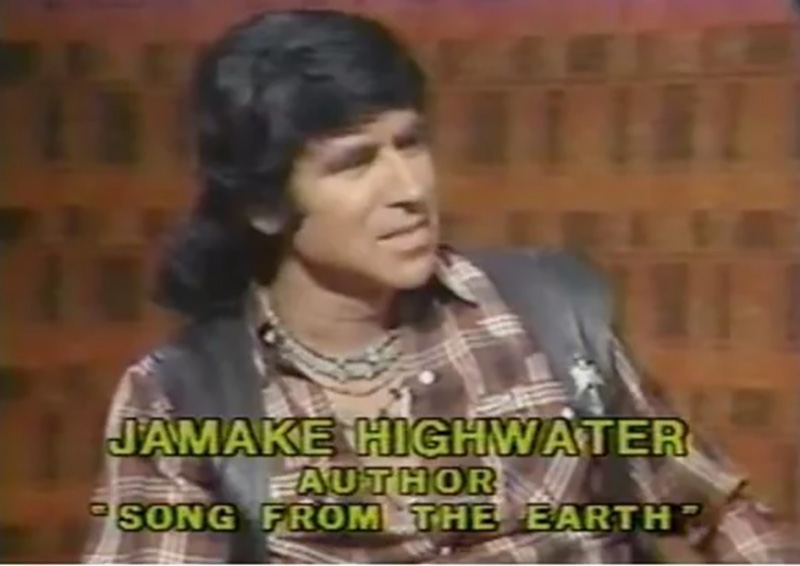
Along with this new identity, he claimed to be Cherokee, even stating at times that both his parents were Cherokee or that his father was Eastern Cherokee and his mother, referred to as Marcia Highwater, was of Blackfoot/French descent.
Literary Achievements and Controversies
As Jamake Highwater, Marks penned more than 30 fiction and non-fiction books, covering diverse topics from music, art, poetry to history.
One of his notable works, “Anpao: An American Indian Odyssey” (1973), was honored with a Newbery Honor.
Another significant work, “The Primal Mind: Vision and Reality in Indian America” (1981), was adapted into a PBS documentary about Native American culture, with Marks serving as the host.
However, his claims of Native American heritage began to unravel in the 1980s. Activist Hank Adams and journalist Jack Anderson separately exposed Marks as an imposter.
Despite being outed as a fake Native American in the mid-1980s, Highwater managed to secure a position as a consultant on “Star Trek: Voyager,” which began airing in 1995.
His influence on the series was significant, especially in shaping the character of Chakotay.
The Impact on Chakotay’s Character
Under Highwater’s guidance, Chakotay’s character underwent multiple changes, especially concerning his tribal affiliation.
He was variously portrayed as a Sioux, a Hopi, and even a Native American with no specific tribal affiliation.
This inconsistency and lack of authenticity in Chakotay’s portrayal led to criticism from fans and viewers, with some labeling him as a “Native American stereotype.”
The Industry’s Oversight
It remains a mystery how Highwater managed to secure his position on “Voyager” and whether any background checks were conducted.
His fraudulent claims not only impacted the portrayal of a central character but also raised questions about the entertainment industry’s diligence in verifying the credentials of consultants, especially when dealing with cultural representation.
Highwater’s deception had lasting effects on “Star Trek: Voyager” and its legacy.
While the series moved away from portraying Chakotay as a stereotype, the character’s development suffered due to the lack of genuine Native American insights.
Robert Beltran, the actor who played Chakotay, expressed his commitment to portraying the character authentically, but the lack of a genuine backstory did a disservice to both the character and the fans.
The Jamake Highwater controversy serves as a stark reminder of the challenges and responsibilities that come with cultural representation in the entertainment industry.
While “Star Trek: Voyager” remains a beloved installment in the “Star Trek” universe, this incident underscores the importance of authenticity and due diligence in storytelling.

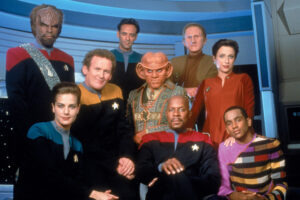


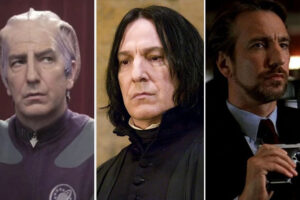
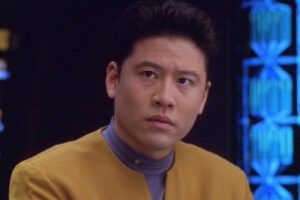

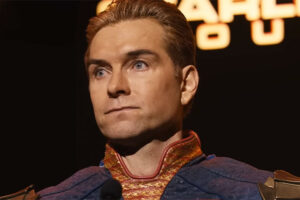

Leave a Reply